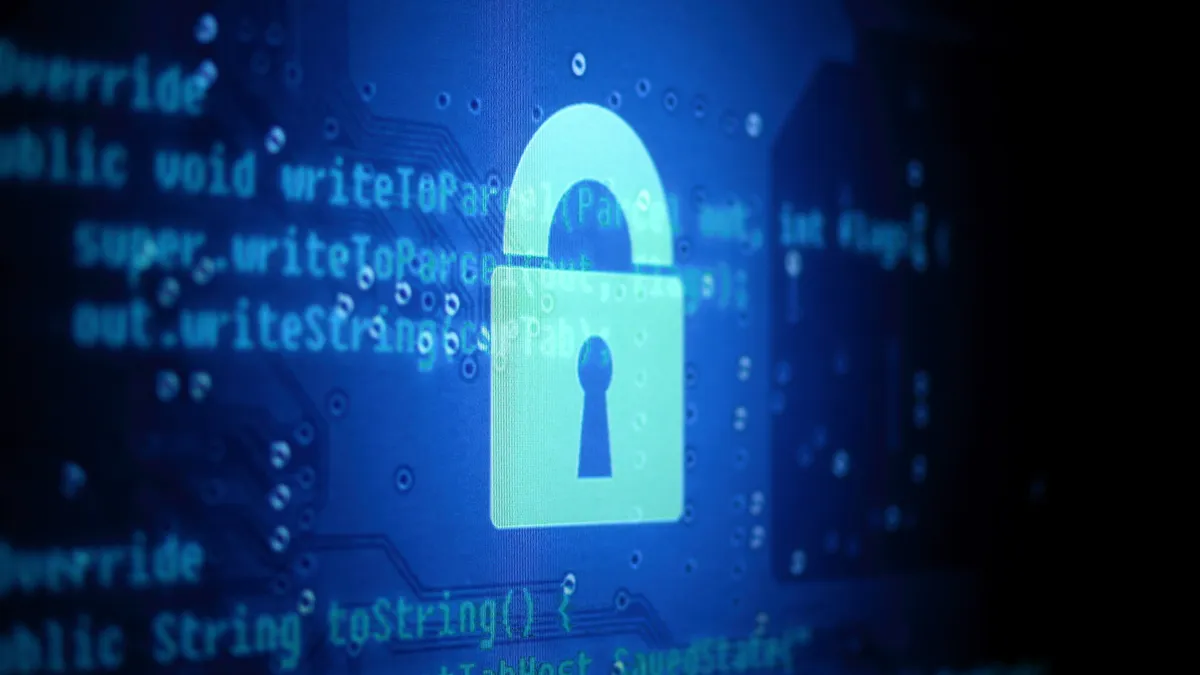Dive Brief:
- Schools forced into distance learning by COVID-19 closures are now contending with the threat of “Zoombombing,” in which perpetrators enter virtual meetings or classrooms held through the Zoom app and show students racist images, pornography or other inappropriate images, District Administration reports.
- The attacks may be part of an organized effort by right-wing hate groups for which schools could be held legally responsible, Leah Plunkett, associate dean for administration and director of academic success at University of New Hampshire told the publication.
- To block Zoombombers, organizers should set a password for every Zoom session, turn off video for participants when they enter the meeting, lock the meeting after it starts and prohibit screen-sharing by anyone other than the meeting’s host. The FBI adds that organizers should not make any passwords public and shouldn't share links on social media, instead opting to provide the link directly to the invited guests.
Dive Insight:
An analysis by The New York Times found 153 Instagram accounts, several Twitter accounts and chats, and active Reddit message boards where thousands of users share meeting passwords to plan Zoom attacks. Sometimes, attacks are carried out by the students themselves, who have piles of homework with no other activity or outlet during self-isolation. Zoombombing can be a way for these students to rebel against the new system.
But school cybersecurity was a challenge long before the pandemic began. Schools and ed tech platforms have been increasingly vulnerable targets in recent years. Now that many schools are completely relying on educational technology to deliver lessons, educators should proceed with additional caution when vetting new software, ensuring that any user agreements fully protect student information and comply with FERPA laws. District administrators should also ensure parents know how to protect their students’ personal information.
In addition to cybersecurity issues, administrators, other educators and parents should warn students about possible sexual exploitation in virtual settings. The FBI recently warned that children and older students should be taught cyber-safety practices and boundaries, and be encouraged to have open communication with parents and trusted adults.













